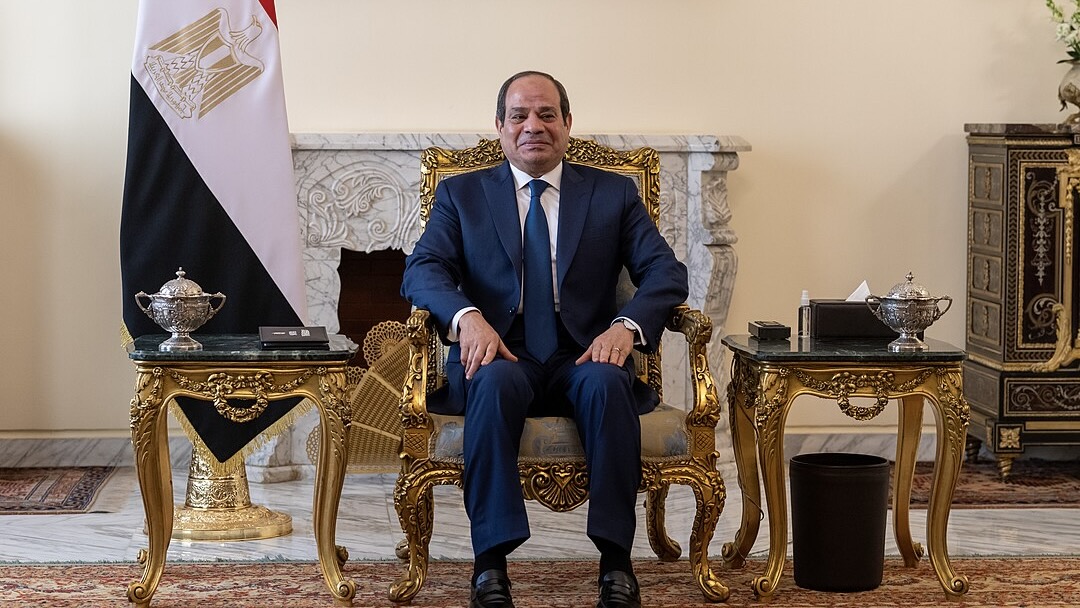Egyptian President Abdel Fattah al-Sisi was elected for the third term in office in results declared by the Egypt’s National Election Authority on Monday, December 18. The elections were held for three days between December 10 and 12.
With a reported voter turnout of 66.8%, al-Sisi received 89.6% votes beating his nearest rival Hazem Omar of Republican People’s Party with a wide margin. Omar received just 4.5% of all votes.
The two other candidates Farid Zahran of Egyptian Social Democratic Party got around 4% of votes and Abdel Sanad Yamama of the Wafd Party around 1.9% of all votes coming third and fourth respectively. All three of al-Sisi’s opponents were considered to be close to the regime.
The only serious contender, left-wing Ahmad Tantawi, was allegedly harassed by the Egyptian authorities and later denied the opportunity to contest the elections on technical grounds.
Al-Sisi’s new term would begin in April 2024 and end in 2030. This will be al-Sisi’s last term, as per the constitutional amendment of 2019 which increased the consecutive terms from two to three and also increased one term from four years to six years.
Al-Sisi had served as Egypt’s defense minister in the government led by Mohamad Morsi who came to power after the anti-Mubarak uprising in 2011 and was later removed in a military coup in 2013 led by al-Sisi himself.
He became deputy prime minister in the coup regime which replaced Morsi and later formally resigned from the army to contest in the presidential elections which were held in 2014. He was first elected in presidential elections held in 2014 with over 97% of all votes. He got almost the same percentage of votes in the second elections in 2018.
He was elected amid Egypt’s worst ever economic crisis with food prices skyrocketing and the living standard of the common Egyptian getting worse.
The al-Sisi regime has also been widely accused of suppressing political dissent in the country. Human rights and humanitarian groups estimate that there are around 60,000 political and human rights activists in Egyptian jails, while there is an existing ban on all kinds of protests and most other political activities.
In the lead up to the elections, al-Sisi tried to improve its political image by launching a National Dialogue last year. However, the participants in that dialogue had claimed lack of transparency and openness.





